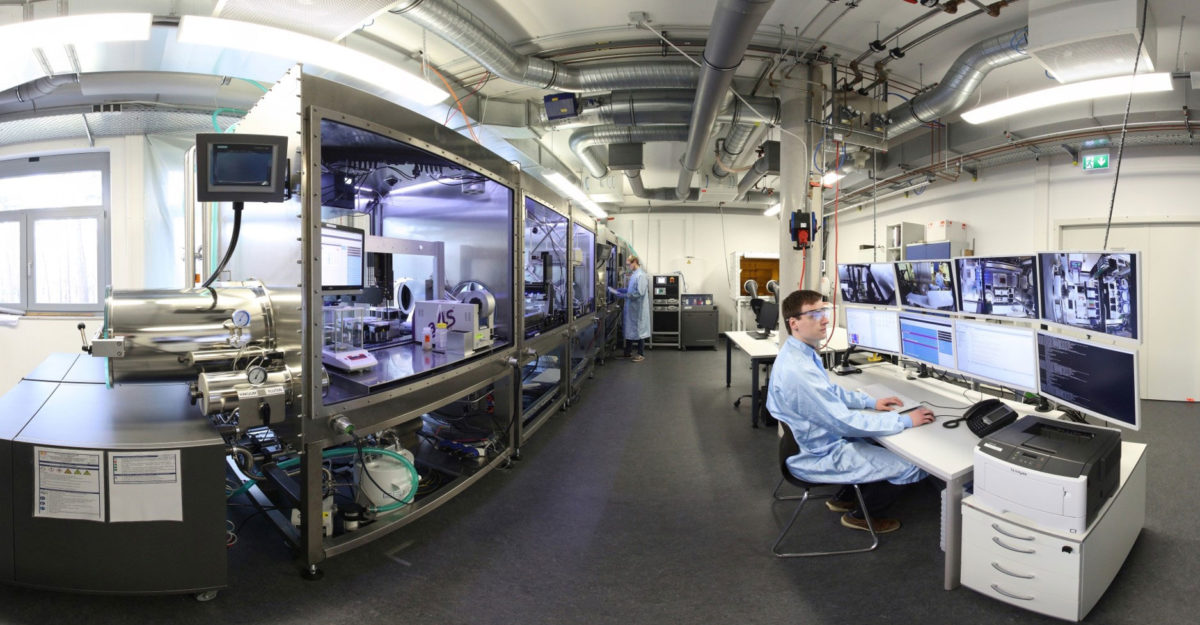Researchers from Germany's Friedrich-Alexander-Universität Erlangen-Nürnberg (FAU) and the Helmholtz Institute Erlangen-Nürnberg for Renewable Energy (HI ERN) claim to have increased the operational stability of perovskite solar cells by adding a bilayer of polymers that protects the perovskites from corrosion.
The polymer bilayer, which is also said to allow unhindered charge transfer within a PV device, was placed directly on the cell's perovskite layer. The upper layer was doped with a non-ionic acid, while the lower layer remained dopant-free. The latter is responsible for transferring the charge and providing protection against corrosion.
The dopant-free polymer provides an acid barrier between the perovskite and the acid-doped polymer, which in turn helps the bilayer structure offer stable ohmic contact at elevated temperatures.
‘This architecture helps protect the extremely sensitive perovskite interface, whilst at the same time demonstrating an extraordinarily high conductivity, even at elevated temperatures,” said FAU researcher Yicheng Zhao.
A solar cell built with this design exhibited operational stability of more than 1,400 hours at a temperature of 65 C under an artificial sun. No corrosion or reduction in performance was detected during the observation period.
“The device also shows negligible hysteresis during the entire ageing period.” the scientists said, noting that the device could also reach up to 20,000 operating hours in the future.
The German group investigated 160 different types of perovskites during the research.
“Such a huge spectrum can only be tackled by carrying out parallel research into whole classes of materials, the traditional methods of investigating and optimising individual materials sequentially are simply not suitable in this context,” said researcher Christoph Brabec.
They presented the cell design in “A bilayer conducting polymer structure for planar perovskite solar cells with over 1,400 hours operational stability at elevated temperatures,” which was recently published in Nature Energy.
This content is protected by copyright and may not be reused. If you want to cooperate with us and would like to reuse some of our content, please contact: editors@pv-magazine.com.




Not quite ranking for concentrated solar, but passing marks in aging!